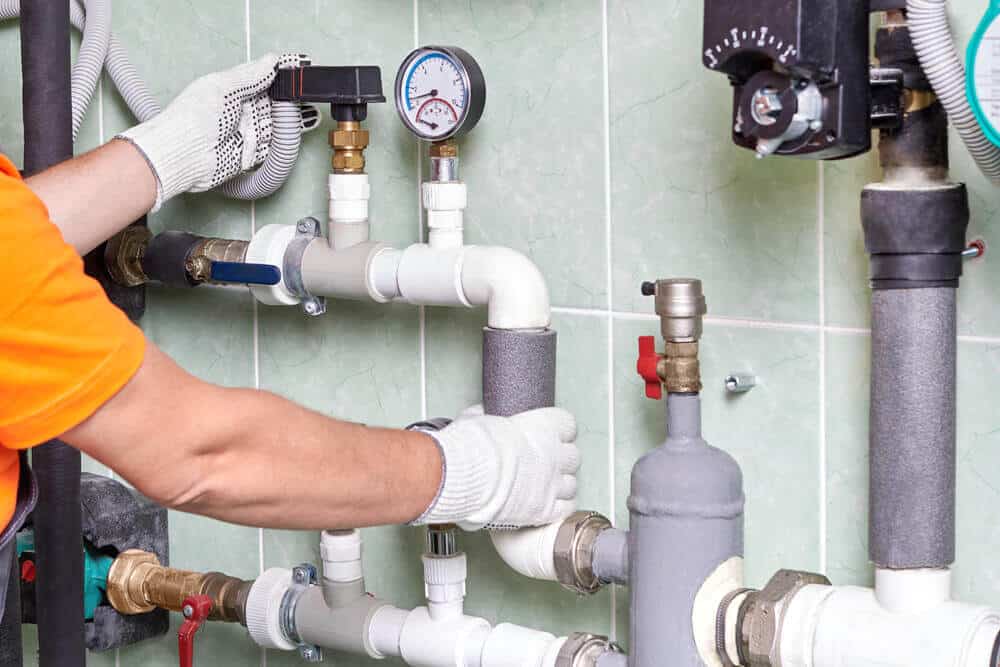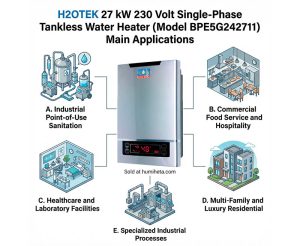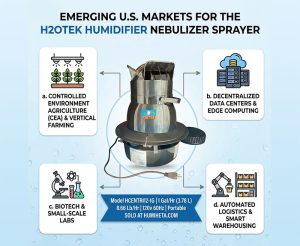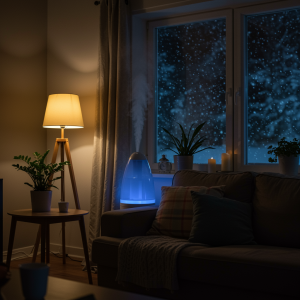The boiler prototypes are supposed to be designed to adapt to residential, commercial, or industrial connections. Even so, each structure may require a specialized design in water heating systems, so that the performance of the equipment and energy efficiency are even more profitable.
Generally, the cylindrical design of the homemade boiler is usually simple, with a certain capacity and with sheet materials. However, there are other designs whose ergonomics are adaptable to small spaces, such as the electric heater, and of course, the same solar collectors located on the outskirts of a building, adapting the best angle for solar radiation.
Whatever the case, a customer needs to be aware of the best choice of solar heater, whether conventional gas, electric, hybrid, or solar. Likewise, thoroughly check the materials with which they are made, because that says a lot about the useful life they can withstand, as well as the little or much need for maintenance.
Energy efficiency is an equally relevant issue since each manufacturer’s collector can behave differently in terms of energy savings. The more classic or conventional the water heating device is, the more energy it will use. In that sense, the most recommended are hybrid mechanisms, to combine gas and electricity, in the energy dosage, and if it is possible to connect the system to a photovoltaic network, then it will be much better.
It can be said that many water heaters are suitable for a given installation, whether small or large, but perhaps it is time to think beyond, and try to adopt systems that adapt perfectly, according to the project specifications of each person, depending on whether it is at a domestic or residential level, or if a design will even be needed for more robust uses, at a commercial and industrial level.
It is only recommended to approach professionals who provide adequate support, with engineering and technical skills to satisfy the needs of hot water in industrial or normal quantities.
The relevant topics to review for special projects in water heater installation have a lot to do with the equipment, since, depending on the specialized design, the components can differ significantly in an installation as such. For example, the constitution of the pumps, tanks, and valves for each inlet and outlet. Also check those specific accessories that will have to be adapted to other mechanisms, such as the same photovoltaic network or other collectors that operate with solar energy. The same ducts may differ from area to area, especially in larger facilities such as hospitals or schools.
Perception of hot water for each application and in a sequence. It is relevant that the design of a good water heater can operate at different temperatures and in a sequence, avoiding sudden temperature increases, which could damage the mechanism itself, components, and even pipes. Under this principle, the best in the proper design of the heater involves the generation of hot water for each process, whether in the use of domestic hot water or industrial processes.
To do this, precise control in the management of temperatures for each process must also be taken into account. Each of the sections or areas could require different temperature ranges, depending on the needs of each case. Temperature control in the water heater must be highly precise, and that can only be achieved with good thermostats, sensors, and computer control panels.
Having the special equipment will allow adequate temperature dosage for each application, and will also achieve energy efficiency that allows substantial money savings. With these controls, energy recovery times will be satisfactory at different levels.
In this sense, it is recommended to go to experts in DHW and all the systems involved, to plan the best design according to the home, company, or industrial warehouse.




